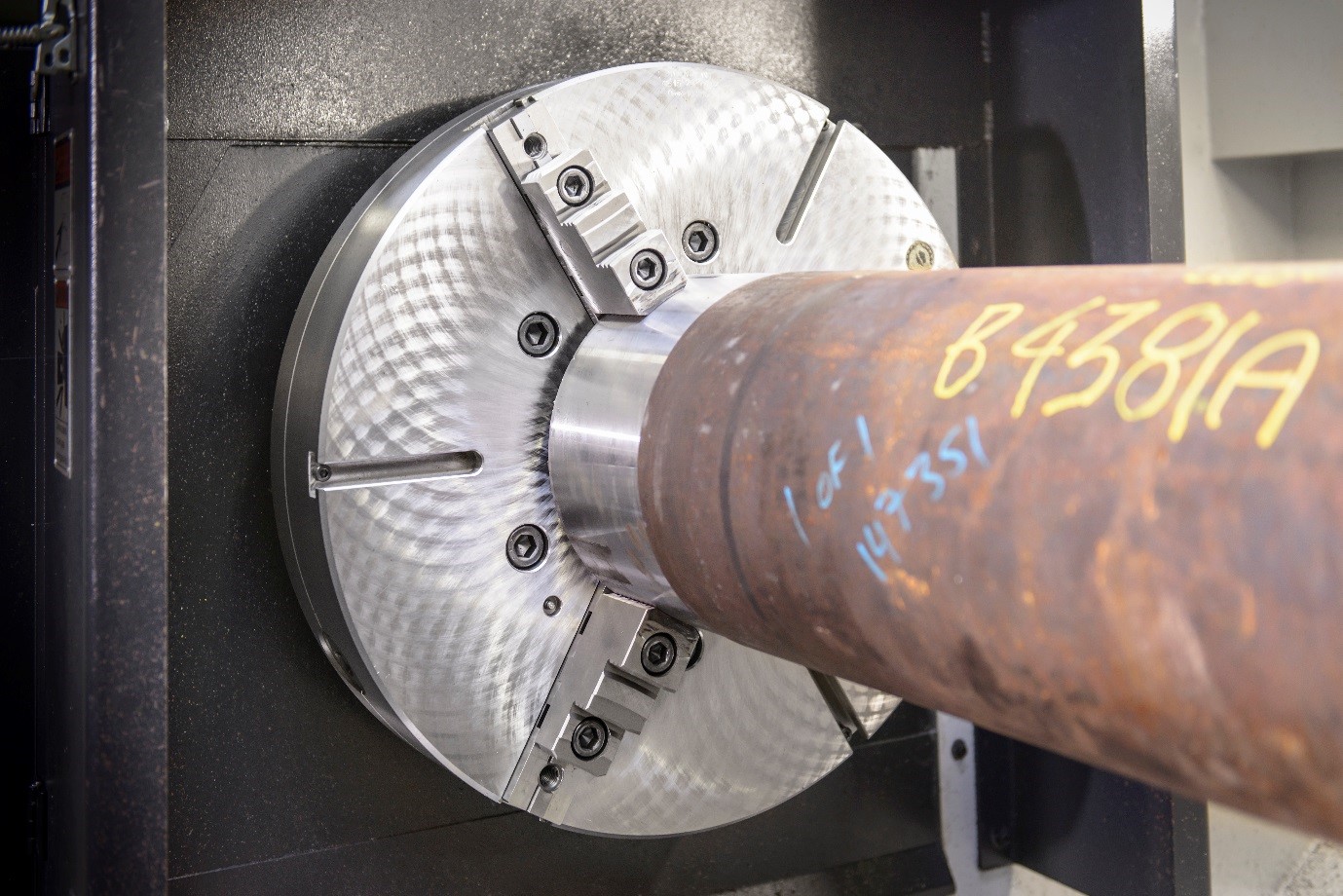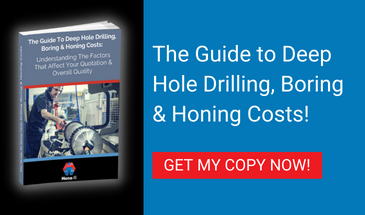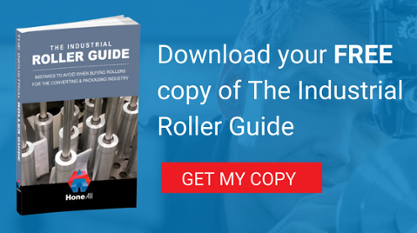
Effective deep hole drilling demands precision to achieve close tolerances and an optimum surface finish, both of which are negatively affected by incorrect speeds or feeds. Drilling vibration, or chatter, can occur for a variety of reasons, including poor machine preparation, incorrectly chosen cutting tools, improper speeds, and sometimes cause excessive run-out.
The properties of different metals – their hardness, tensile strength, and quenching behaviour, for example – vary, so it’s important to set-up drilling equipment correctly to prevent tearing and to deliver outstanding results. So, what steps can you take to prevent deep hole drilling mistakes when machining steel, aluminium, or titanium?
Steel
Steel varies in hardness and tensile strength, with mild variants much easier to drill than their super alloy counterparts. Generally, the harder the steel, the easier it is to control deep hole drilling and secure a more satisfactory surface finish. When machining steel, it is important to ensure that the feed and speed parameters are correct, particularly in relation to the tensile strength of the steel. To prevent excessive vibration, it is important also to have a stable machine bed and to properly support the drill and component.
Aluminium
Although it is often regarded as a metal that is easy to machine, aluminium – like steel – comes in a variety of forms and consistencies, so drilling must be set-up specifically for the particular variant. Pure aluminium has a low density and is comparatively soft and ductile. Because of its resistance to corrosion, pure aluminium is chosen for a variety of applications. However, its soft qualities present a challenge when drilling, particularly if the swarf becomes wrapped around the drilling tool. The coolant flow may become blocked, leading to the tool failing and the component being scrapped. If you’re working with an aluminium alloy, deep hole drilling is easier due to the increased tensile strength.
Titanium
Titanium is prone to tearing during the drilling process due to its hardness and low thermal conductivity. Because of its use in the medical industry, it is important to machine titanium precisely, with incredibly small tolerances. Therefore, when drilling the metal, tools must be strong and durable and must be operated at slow speeds to prevent the rapid build-up of heat. Ample use of coolant is also recommended. Titanium is best machined steadily, without feed interruptions, as these can adversely affect the quality of the finished product.
Why Outsourcing Your Precision Engineering Makes Sense
Avoiding mistakes when machining metals, whether deep hole drilling, boring, or honing, is essential to protect your profits, avoid waste, and protect relationships with your customers. Using advanced equipment and harnessing the skills of experienced professionals can make the difference between acceptable and exceptional standards.
Outsourcing your drilling and boring requirements to Hone All is a cost-effective and logical decision. We can carry out a variety of precision engineering projects for your business, delivering exacting tolerances to meet your specifications. For more information or to obtain a free quotation, simply get in touch.






